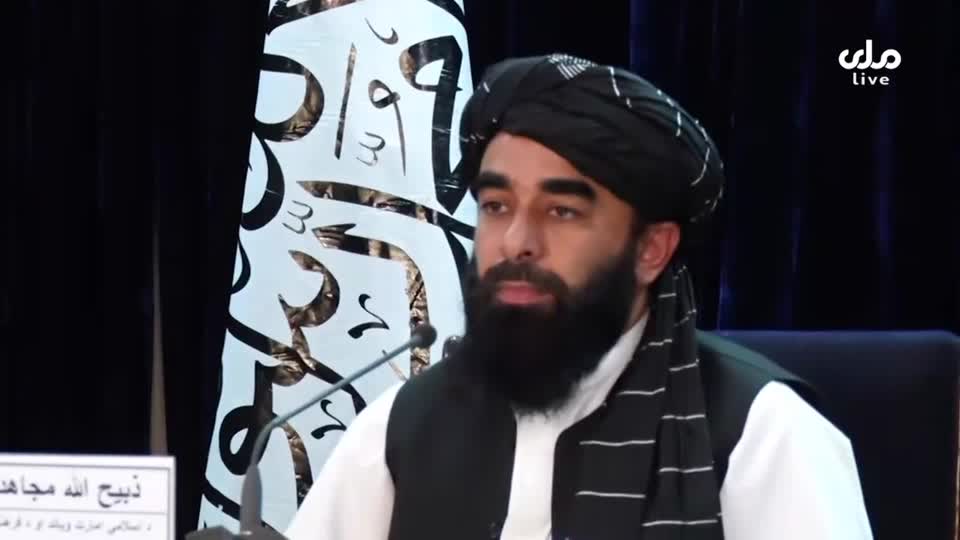
Willie R. Tubbs, FISM News
[elfsight_social_share_buttons id=”1″]
The Taliban has accused the United States of violating the Doha Agreement by continuing to include Afghanistan’s new interior minister on the U.S. terror list.
The Doha Agreement, signed by the Taliban (referred to on the document as the Islamic Emirate of Afghanistan) and Trump Administration in February 2020, hinged on four points:
- The Taliban would prevent terrorist groups, like ISIL or Al-Qaeda, from operating on Afghanistan soil.
- All foreign forced would withdraw fully from Afghanistan.
- The Taliban and Islamic Republic of Afghanistan, what Americans likely know better as the now former Afghanistan government, would negotiate a peace settlement of their own.
- A ceasefire
As first reported by Al Jazeera, the Taliban now claims that the United States has breached a tenet of this agreement by continuing to offer a $10 million bounty for the capture of interior minister Sirrajudin Haqqani and internationally blacklisting several other cabinet members.
Taliban spokesman Zabihullah Mujahed said in a statement Thursday, “in the Doha Agreement all officials of the Islamic Emirate without any exception were part of the interaction with the U.S. and should have been removed from the UN and U.S. blacklists, a demand which still remains valid.”
Haqqani is listed on the FBI Most Wanted List for his suspected involvement in a 2008 hotel attack in Kabul which left six dead, including one American as well as for his involvement in attacks on US and coalition forces.
Globally designated terrorist of Haqqani Network Sirajuddin Haqqani is the new Interior Minister of Afghanistan. Let that sink in. pic.twitter.com/pCgWlcJIRW
— Aditya Raj Kaul (@AdityaRajKaul) September 7, 2021
The provision of the Doha Agreement that the Taliban claims the United States has violated can be found in Part One, sections C, D, and E, which is the portion of the agreement dealing with the withdrawal of the U.S. and its allies.
Section C called for a good faith attempt by both sides to release political prisoners, while Section D required the United States to “initiate an administrative review of current U.S. sanctions and the rewards list against members of the Islamic Emirate of Afghanistan”.
The Taliban complaint centers primarily on the language found in Section E, which reads:
“With the start of intra-Afghan negotiations, the United States will start diplomatic engagement with other members of the United Nations Security Council and Afghanistan to remove members of the Islamic Emirate of Afghanistan which is not recognized by the United States as a state and is known as the Taliban from the sanctions list with the aim of achieving this objective by May 29, 2020, which corresponds to Shawwal 6, 1441 on the Hijri Lunar calendar and Jawza 9, 1399 on the Hijri Solar calendar.”
As of this writing, President Biden had not yet responded to the accusations.
Secretary of State Antony Blinken, who has been in Europe to witness the continued relocation of Afghan evacuees, has also not addressed the accusations.
Blinken’s focus Thursday remained on removing the last American civilians from Afghanistan.
“We are gratified to confirm that a charter flight with U.S. citizens and lawful permanent residents (LPRs) departed Kabul today,” Blinken tweeted Thursday. “Today’s safe departure is the result of careful and challenging diplomatic engagement.”
In earlier statements, Blinken indicated the Biden Administration was “watching” the new regime in Afghanistan, and the State Department has expressed concerns that the Taliban’s new all-male government is not inclusive.
